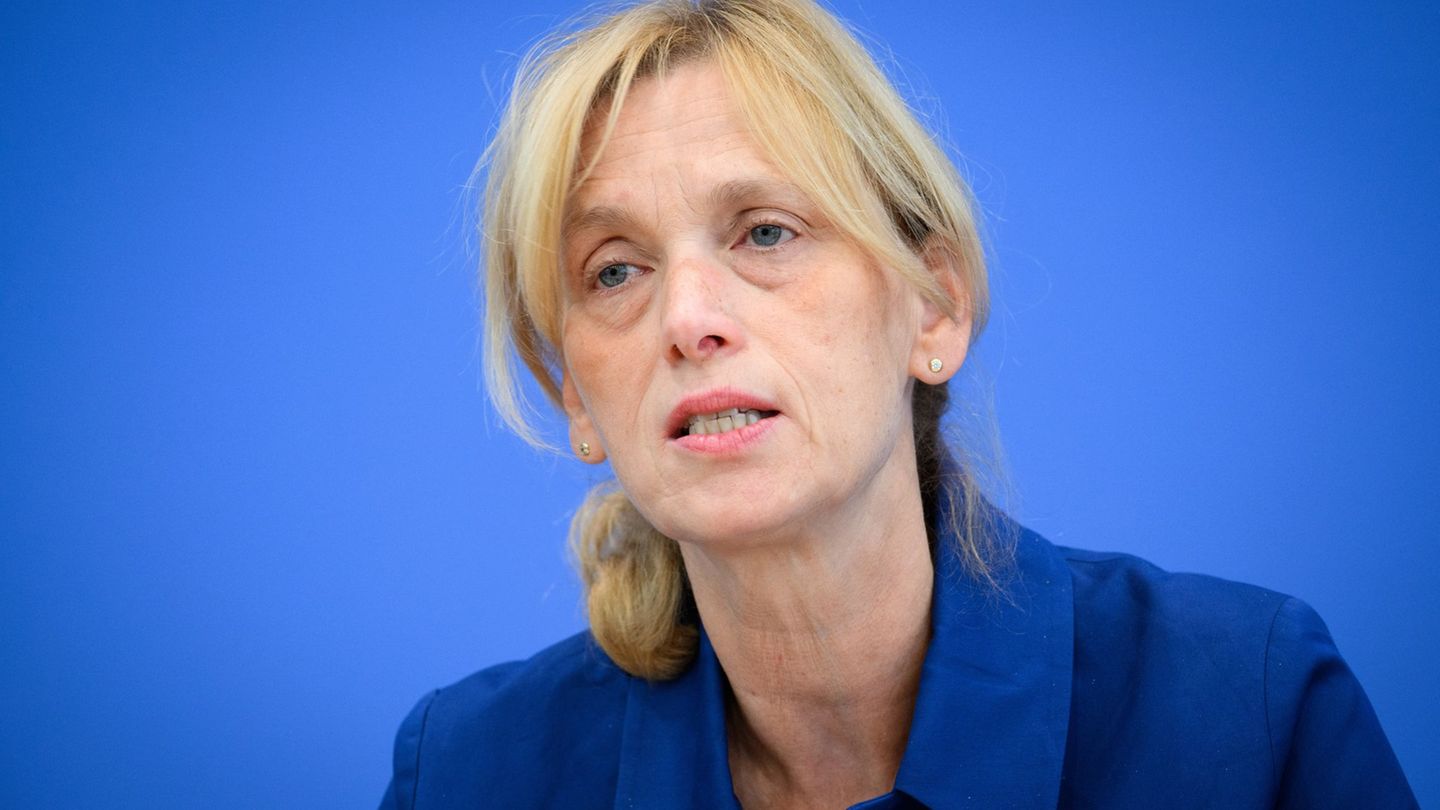The Governing Council of the European Central Bank (ECB) initially stayed on its extremely loose monetary policy course at yesterday’s meeting. Key interest rates remain unchanged at zero percent. Bonds will continue to be bought, i.e. money will be circulated.
This was also what experts had expected. The economists were only curious about the statements made by ECB President Christine Lagarde on the development of inflation. “Inflation will probably remain high for longer than previously thought, but will weaken over the course of this year,” said the Frenchwoman at the press conference after the council meeting in Frankfurt.
The ECB is thus also staying on its current course when it comes to inflation: The inflation rate may remain somewhat higher than previously expected in the short term, but there are no signs of a stabilization from the ECB economists’ point of view. A wage-price spiral is not in sight. Conversely, unlike in December, Lagarde is not ruling out a rate hike this year.
The dilemma of the ECB
However, this would require the ECB to stop buying bonds. The Corona crisis program PEPP is scheduled to expire at the end of March as planned. But there remains an older bond purchase program, called APP, which is to be increased from 20 to 40 billion euros from April. How long this will continue depends not least on the development of inflation. A new inflation forecast is to be presented at the next Council meeting on March 10th.
The starting position of the ECB is also different from that of the US Federal Reserve. The ECB has not one, but 19 different inflation rates to consider. They vary greatly and range from a good three (Malta) to more than eleven percent (Estonia). In addition, the high inflation does not come at all inconveniently for the governments of the euro countries, some of which are highly indebted, as it allows the government debt, which rose sharply during the pandemic, to melt away.
The ECB councils are currently acting in this area of tension. But they obviously assume that they have the situation under control. Some economists have a different opinion and are warning central bankers. Should inflation become entrenched, the fight against it will be all the more difficult.
The US Federal Reserve currently has this problem. They now want to intensify the fight against inflation. In the US, not only are prices rising across the board, but so are wages. The Fed must now succeed in curbing inflation without stalling the economy.
Source: Nachrichten




